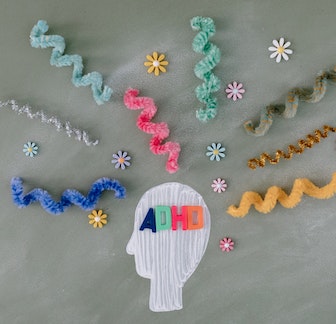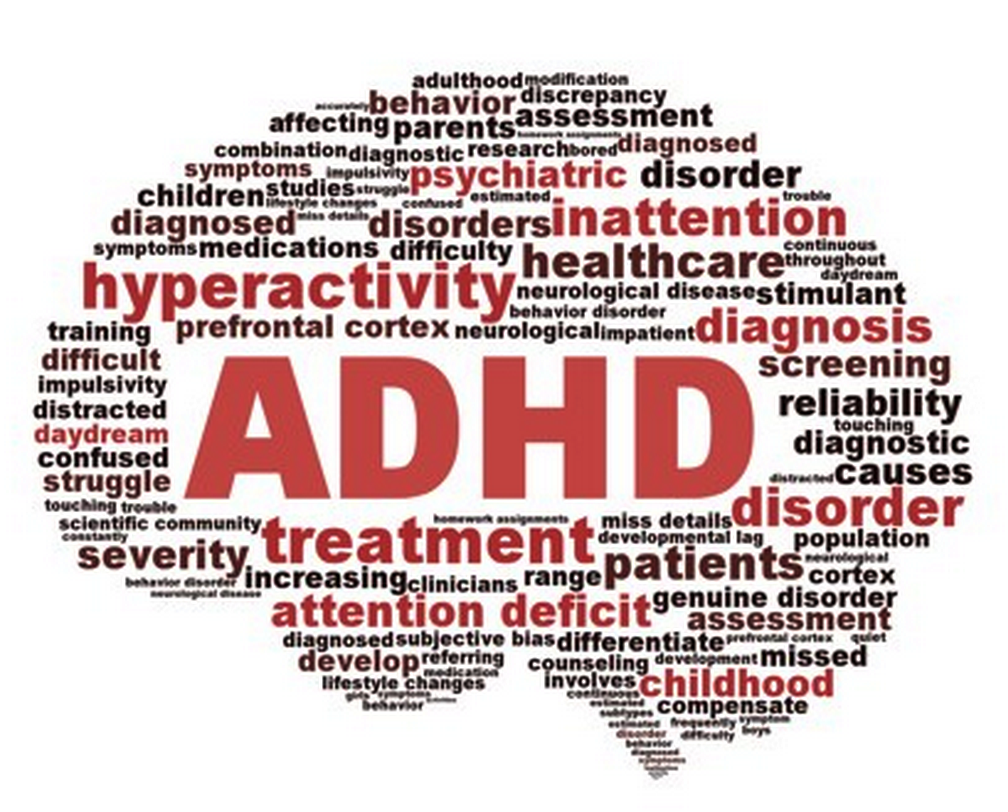Mental Health Children | Video Game improves pediatric ADHD...

 Mental Health | The digital therapeutic treatment AKL-T01 significantly improved attention-deficit/hyperactivity disorder (ADHD) symptoms and related impairments ...
Mental Health | The digital therapeutic treatment AKL-T01 significantly improved attention-deficit/hyperactivity disorder (ADHD) symptoms and related impairments ......in both children who used, and did not use, stimulant medication, according to findings published in npj Digital Medicine.
The multisite, open-label effectiveness study of AKL-T01, an app and video game-based treatment for inattention, included 130 children with ADHD on stimulant medication and 76 children with ADHD not on any ADHD medication. Children in the study were aged 8 to 14 years.
After 4 weeks of using the AKL-T01, ADHD impairment as measured by the parent-reported Impairment Rating Scale significantly improved in both groups. Children on ADHD medication improved an average 0.7 points, while children who did not take ADHD medication improved an average 0.5 points, according to the study.
During a subsequent 4-week pause in AKL-T01 use, scores on the Impairment Rating Scale, the clinician-reported ADHD Rating Scale, and the clinician-reported Clinical Global Impressions Scale—Improvement were stable. After an additional 4 weeks of AKL-T01 use, scores on all 3 scales once again improved, researchers found.
 With clinical response predefined as an Impairment Rating Scale improvement of 1 point or greater, 50% of children responded to 1 month of AKL-T01 treatment and 68.3% of children responded after 2 months of treatment. With clinical response predefined as a 30% or greater reduction on the ADHD Rating Scale, 27.2% of children responded to 1 month of AKL-T01 treatment and 45.3% responded after 2 months of treatment.
With clinical response predefined as an Impairment Rating Scale improvement of 1 point or greater, 50% of children responded to 1 month of AKL-T01 treatment and 68.3% of children responded after 2 months of treatment. With clinical response predefined as a 30% or greater reduction on the ADHD Rating Scale, 27.2% of children responded to 1 month of AKL-T01 treatment and 45.3% responded after 2 months of treatment.AKL-T01 was well-tolerated, according to the study, with no serious adverse events.
Marketed by Akili Interactive as EndeavorRx, AKL-T01 received clearance from the US Food & Drug Administration in June 2020.
“The results of this study highlight the impact EndeavorRx can have on patients’ day-to-day lives and show the potential benefits of incorporating digital therapeutics into multifaceted treatment plans,” said Anil Jina, MD, Akili chief medical officer, “including those with traditional pharmacological interventions.”


